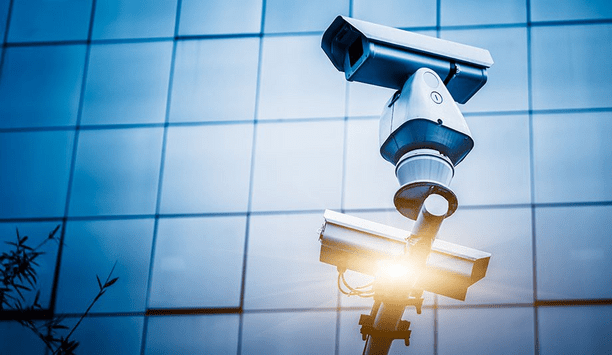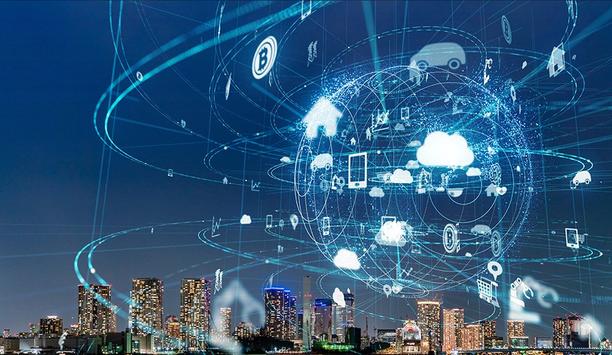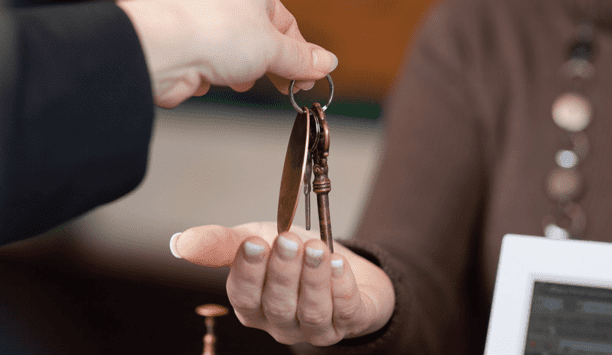Claranet - Experts & Thought Leaders
Latest Claranet news & announcements
Global IT services provider Claranet Benelux has entered into a new agreement with secure digital communication specialist Zivver. This collaboration offers companies and institutions in the Benelux region an easy way to prevent data leaks, communicate securely via email and meet the strict security requirements of NIS2 and DORA, among others. Claranet Benelux is a pioneering IT service provider that focuses on providing digital workplaces, security, networks and solutions in the field of managed hosting and cloud. Zivver helps organisations to prevent data leaks, communicate safely and appropriately secure information and comply with relevant legislation. Security and compliance requirements With Zivver, Claranet Benelux is adding solutions for secure emailing, secure file sharing, registered mail and digital signing to its managed services portfolio. Zivver requires no additional technical knowledge to integrate into customers' existing IT solutions. This allows organisations to continue using their current email tools, but also meet security and compliance requirements. Zivver requires no other technical facts to blend into clients' existing IT solutions By integrating Zivver into Outlook and Gmail, employees do not have to change their behaviour, but Zivver supports them with machine learning-based decision support to send the right information to the right person in the right way with the right security, while following the organisation's policy. Requirements of NIS2 and DORA According to Paul van Boerdonk, Managing Director at Claranet Benelux, things like secure emailing and secure file sharing should no longer be considered an option, but an absolute necessity. "Organisations must be sure that their email communications are secure and that their confidential information does not fall into the wrong hands. This will become even more important in the future to meet the strict requirements of NIS2 and DORA." “Claranet Benelux is offering its customers a secure digital communication platform that guarantees them privacy and confidentiality. Apart from the ease of use and security that Zivver offers, the fact that it is the market leader was the deciding factor for us with over 10,000 customers worldwide.” Zivver's solutions Rick Goud, CIO at Zivver, is also positive about the collaboration. He added: "Claranet has a proven track record in providing cloud and network services to companies in the Benelux region. We share the same ambition and vision on ensuring the privacy and security of companies and institutions. Together we can offer strong added value to Claranet Benelux customers and help them increase resilience against data leaks." Zivver's solutions for secure emailing, secure file sharing, registered mail and digital signing are now available to all Claranet Benelux customers. With Zivver, companies can save time and costs and benefit from a safe, user-friendly and efficient way of digital communication.
Insights & Opinions from thought leaders at Claranet
Human beings have a long-standing relationship with privacy and security. For centuries, we’ve locked our doors, held close our most precious possessions, and been wary of the threats posed by thieves. As time has gone on, our relationship with security has become more complicated as we’ve now got much more to be protective of. As technological advancements in security have got smarter and stronger, so have those looking to compromise it. Cybersecurity Cybersecurity, however, is still incredibly new to humans when we look at the long relationship that we have with security in general. As much as we understand the basics, such as keeping our passwords secure and storing data in safe places, our understanding of cybersecurity as a whole is complicated and so is our understanding of the threats that it protects against. However, the relationship between physical security and cybersecurity is often interlinked. Business leaders may find themselves weighing up the different risks to the physical security of their business. As a result, they implement CCTV into the office space, and alarms are placed on doors to help repel intruders. Importance of cybersecurity But what happens when the data that is collected from such security devices is also at risk of being stolen, and you don’t have to break through the front door of an office to get it? The answer is that your physical security can lose its power to keep your business safe if your cybersecurity is weak. As a result, cybersecurity is incredibly important to empower your physical security. We’ve seen the risks posed by cybersecurity hacks in recent news. Video security company Verkada recently suffered a security breach as malicious attackers obtained access to the contents of many of its live camera feeds, and a recent report by the UK government says two in five UK firms experienced cyberattacks in 2020. Cloud computing – The solution Cloud stores information in data centres located anywhere in the world, and is maintained by a third party Cloud computing offers a solution. The cloud stores your information in data centres located anywhere in the world and is maintained by a third party, such as Claranet. As the data sits on hosted servers, it’s easily accessible while not being at risk of being stolen through your physical device. Here’s why cloud computing can help to ensure that your physical security and the data it holds aren’t compromised. Cloud anxiety It’s completely normal to speculate whether your data is safe when it’s stored within a cloud infrastructure. As we are effectively outsourcing our security by storing our important files on servers we have no control over - and, in some cases, limited understanding of - it’s natural to worry about how vulnerable this is to cyber-attacks. The reality is, the data that you save on the cloud is likely to be a lot safer than that which you store on your device. Cyber hackers can try and trick you into clicking on links that deploy malware or pose as a help desk trying to fix your machine. As a result, they can access your device and if this is where you’re storing important security data, then it is vulnerable. Cloud service providers Cloud service providers offer security that is a lot stronger than the software in the personal computer Cloud service providers offer security that is a lot stronger than the software that is likely in place on your personal computer. Hyperscalers such as Microsoft and Amazon Web Service (AWS) are able to hire countless more security experts than any individual company - save the corporate behemoth - could afford. These major platform owners have culpability for thousands of customers on their cloud and are constantly working to enhance the security of their platforms. The security provided by cloud service providers such as Claranet is an extension of these capabilities. Cloud resistance Cloud servers are located in remote locations that workers don’t have access to. They are also encrypted, which is the process of converting information or data into code to prevent unauthorised access. Additionally, cloud infrastructure providers like ourselves look to regularly update your security to protect against viruses and malware, leaving you free to get on with your work without any niggling worries about your data being at risk from hackers. Data centres Cloud providers provide sophisticated security measures and solutions in the form of firewalls and AI Additionally, cloud providers are also able to provide sophisticated security measures and solutions in the form of firewalls and artificial intelligence, as well as data redundancy, where the same piece of data is held within several separate data centres. This is effectively super-strong backup and recovery, meaning that if a server goes down, you can access your files from a backup server. Empowering physical security with cybersecurity By storing the data gathered by your physical security in the cloud, you're not just significantly reducing the risk of cyber-attacks, but also protecting it from physical threats such as damage in the event of a fire or flood. Rather than viewing your physical and cybersecurity as two different entities, treat them as part of one system: if one is compromised, the other is also at risk. They should work in tandem to keep your whole organisation secure.
When the United Kingdom voted to leave the European Union, a world of uncertainty unfolded for those doing business in the UK and the EU. The referendum was passed in July 2016. Including subsequent delays, the separation was completed after four years in January 2020, with a transition period ending December 2020. Even with the deadlines past, there are still pockets of uncertainty stemming from the separation. We asked this week’s Expert Panel Roundtable: How has Brexit affected the security industry?
Maximising security and performance
DownloadThe truth behind 9 mobile access myths
DownloadGuide for HAAS: New choice of SMB security system
DownloadSecurity practices for hotels
DownloadAccess control system planning phase 2
Download










